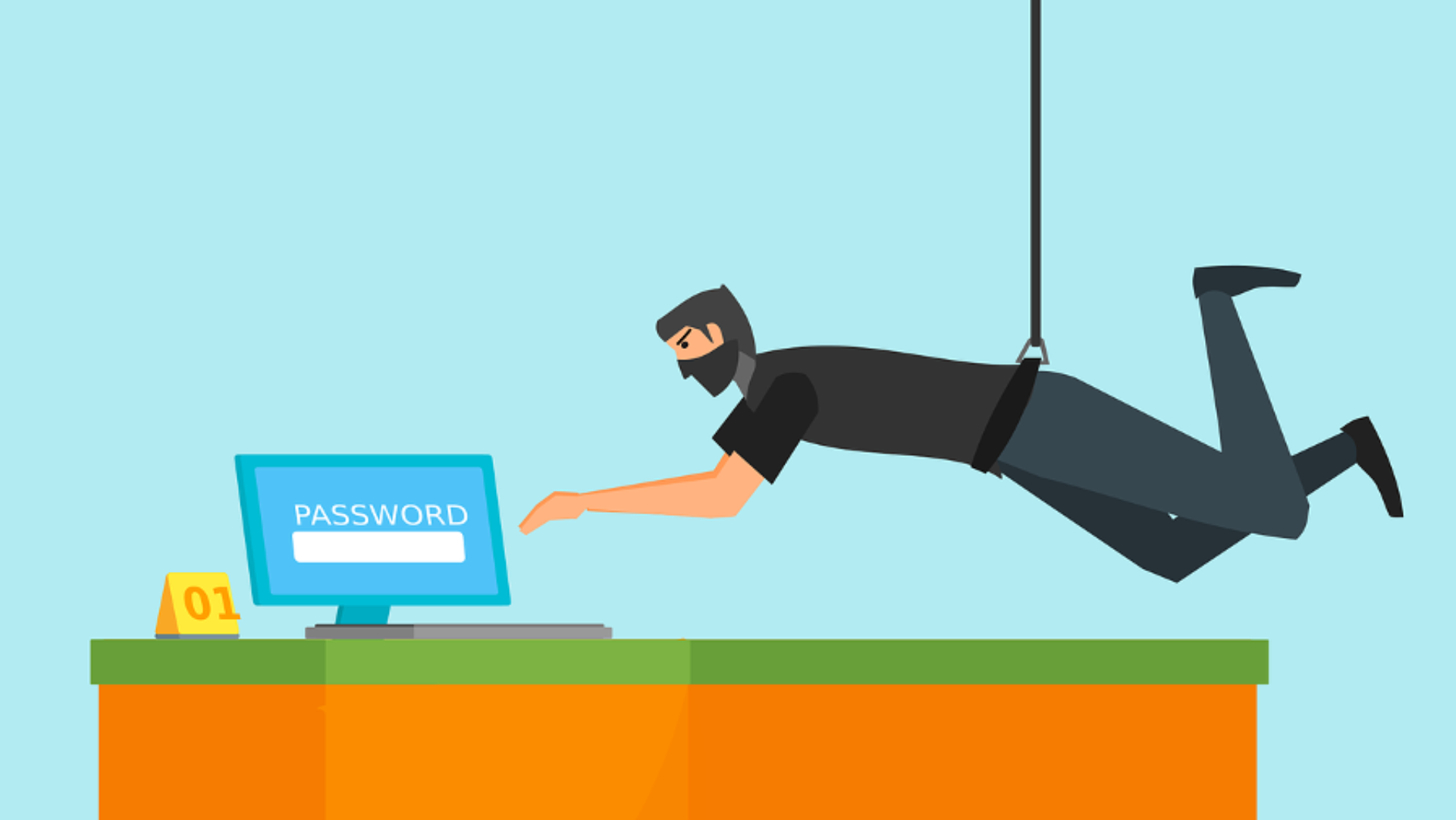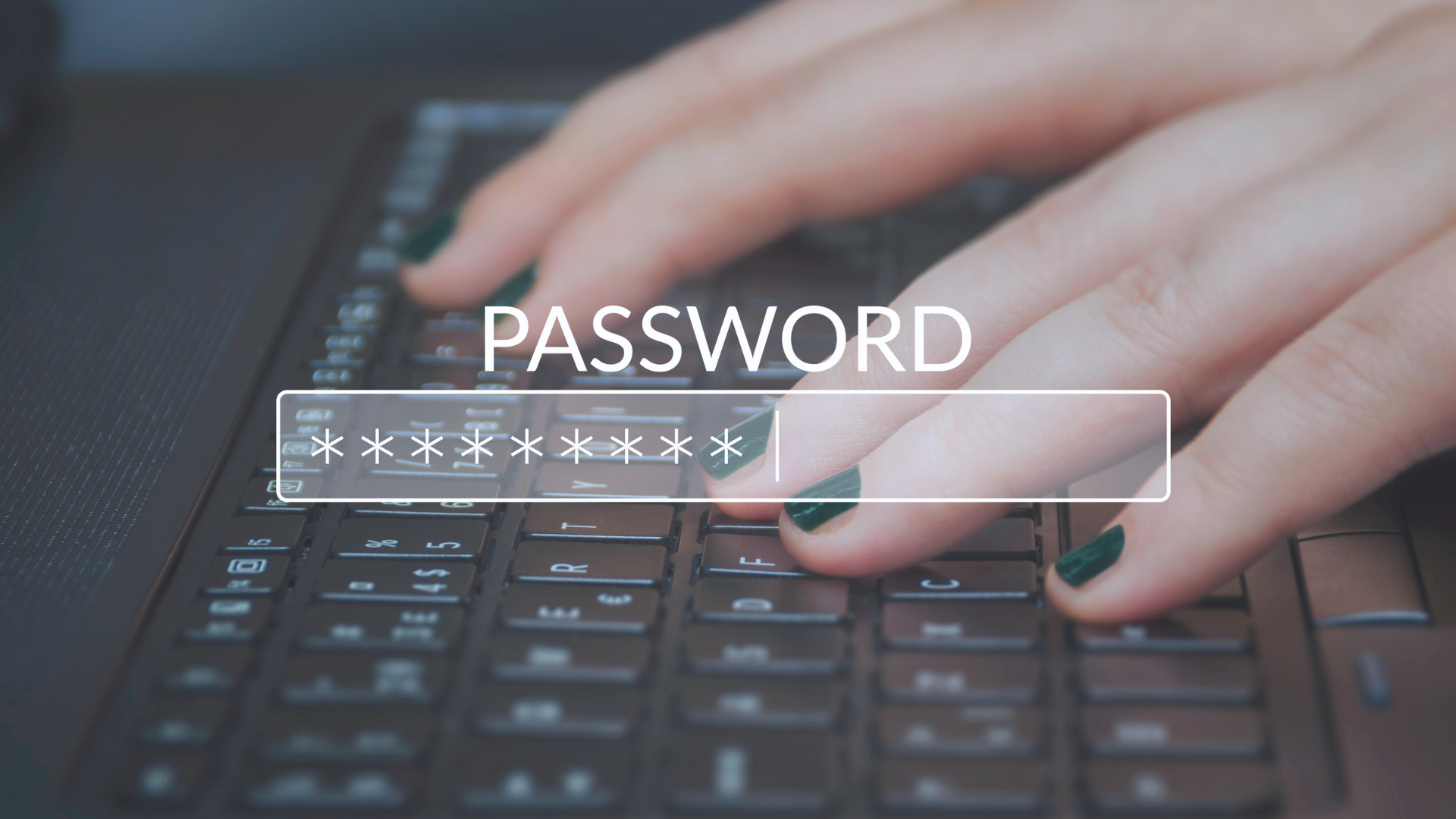What Is the Most Secure Way to Share Passwords with Employees?
Breached or stolen passwords are the bane of any organization’s cybersecurity. Passwords cause over80% of data breaches. Hackers get in using stolen,...
Passwords unlock our digital lives. We use them for email, bank accounts, and more.
Remembering all these passwords is hard. Password managers help us keep our accounts safe and make our lives easier.
A password manager stores all your passwords in a single location. Imagine it as a digital vault for your login details.
You just need to remember one password, known as the master password. This master password grants you access to all your other passwords.
Password managers come in different forms:
Password managers encrypt your information strongly. When you save a password, the manager scrambles it. This makes the password unreadable to anyone who tries to steal it.
Many individuals opt for simple passwords as they are easier to recall. However, these simple passwords are vulnerable to being guessed by malicious actors. Password managers create complex, random passwords that are difficult to decipher.
With a password manager, you don’t need to memorize many passwords. The tool does this for you. You can use a unique, strong password for each account without forgetting them.
Password managers use high-level security to protect your data. They encrypt your passwords. Even if someone hacks the password manager company, they can’t read your information.
Good password managers can create tough, unique passwords for you. They mix letters, numbers, and symbols to make passwords hard to guess.
“Many password managers can fill in your login information on websites. This saves time and avoids typos.
Some password managers let you store other sensitive information too. This can include credit card numbers or important documents.
Some tools let you share passwords safely with family or coworkers. This helps with joint accounts or team projects.
When used properly, password managers are highly secure. They encrypt your data robustly, scrambling your passwords so that it's nearly impossible for hackers to decode them without the correct key.
However, no system is flawless. It's important to select a password manager with a strong reputation and frequent security audits.
Look for these things when picking a password manager:
Find one with strong encryption and two-factor authentication. These features keep your information extra secure.
The best password manager is one you will use. Find one that’s easy for you to understand and use.
Make sure the password manager works on all your devices. This includes your phone, tablet, and computer.
Some password managers are free, while others cost money. Paid ones often offer more features. Research what you want and what you can afford.
Losing your master password can be a significant issue. For security purposes, most password managers do not keep a record of your master password. However, some provide account recovery options such as security questions or a recovery key. It's important to be prepared in case you forget your master password.
No system is 100% secure. Password managers can be hacked, but this rarely happens. Good password managers have emergency systems to protect your data if they’re hacked.
The biggest risks often come from user mistakes. Weak master passwords or falling for phishing attacks can put your passwords at risk. Follow good security practices to stay safe.
Browsers often offer to save your passwords. This is convenient but less secure than a dedicated password manager. Here’s why:
For most users, a free password manager works well. If you need more features or have lots of passwords, you might want a paid version.
Most smartphones have a built-in password manager. This might be good enough for some users. It’s convenient and works well with your phone. But there are some limits:
Built-in tools can work for basic password management. For more advanced needs, a standalone password manager is better.
Good password managers offer features to help with data breaches:
These features help you act fast if your data is in danger.
Numerous password managers function offline by storing an encrypted version of your passwords on your device. This allows you to access them without needing an internet connection. However, certain features may be unavailable offline. For instance, syncing new passwords across devices requires an internet connection.
Experts used to say you should change passwords often. Now, many say strong and unique passwords are enough. You only need to change them when necessary.
Password managers make this easier. They help you create strong passwords and keep track of when you last changed them.
Password managers keep improving. Some new trends include:
As online threats change, password managers will keep evolving to keep us safe.
Password managers are powerful tools for online security. They make it easy to use strong, unique passwords for all your accounts. This greatly reduces your risk of a cyber attack.
Consider using a password manager today to improve your online security. If you need help choosing or setting up a password manager, ask for help. We’re here to make your digital life safer.
Newport Solutions has been helping small businesses in Orange County, CA for almost 20 years. Our dedicated team provides comprehensive IT services, ensuring your business operates smoothly and efficiently. From IT support to cybersecurity, we've got you covered. Discover how we can become your business's IT department today.
We proudly serve the following areas: Newport Beach, Irvine, Costa Mesa, and the greater Orange County region.

Breached or stolen passwords are the bane of any organization’s cybersecurity. Passwords cause over80% of data breaches. Hackers get in using stolen,...

Password managers keep our online accounts safe. They store all our passwords in one place. But are they hackable?

One of the most effective yet often overlooked cyber threats is password spraying. This type of attack targets multiple user accounts using commonly...